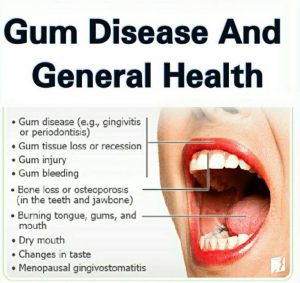
Did you know that Gum disease may cause premature births?
A study of dozens new mothers found 45 per cent of those whose waters broke early had swollen, sore or infected gums.
In comparison, only 29 per cent of the women who didn’t give birth prematurely had signs of gum disease.
Bacteria in plaque are thought to travel to the placenta via the bloodstream, causing it to became inflamed.
This may disrupt the amniotic sac that surrounds the foetus, leading it to rupture too soon, scientists believe.

The research was carried out by University Hospital Hradec Králové, Czech Republic, and led by Dr Vladimíra Radochová, from the department of dentistry.
Around 10 per cent of all pregnancies worldwide result in premature labour, the authors wrote in the Journal of Clinical Periodontology.
In the UK, around seven per cent – or 60,000 – babies are born premature every year, Tommy’s statistics reveal. This is defined as a delivery before 37 weeks.
And one in ten babies arrive early in the US, according to the Center for Disease Control and Prevention.

Premature labour can occur due to changes to the cervix or preterm premature rupture of membranes (PPROM) – better known as ‘waters breaking’.
Gum disease affects up to 80 per cent of adults, and has previously been linked to premature birth.
However, the results of existing studies have been inconsistent, Dr Radochová and colleagues wrote.
To better understand the link, the researchers analysed 78 women whose waters broke 24-to-36 weeks into their pregnancies and were admitted to Hradec Králové hospital.

These women were compared against 77 mothers who experienced no pregnancy complications and were receiving antenatal care in the outpatient clinic of the hospital.
All of the participants were offered a dental check-up during their hospital stay.
Results revealed the women whose waters broke prematurely had higher levels of gum inflammation and plaque.
Attachment loss – a measure of reduced support around the teeth – was also greater among those who had a premature delivery at an average of 2.3mm versus just 1.8mm in the women without complications.